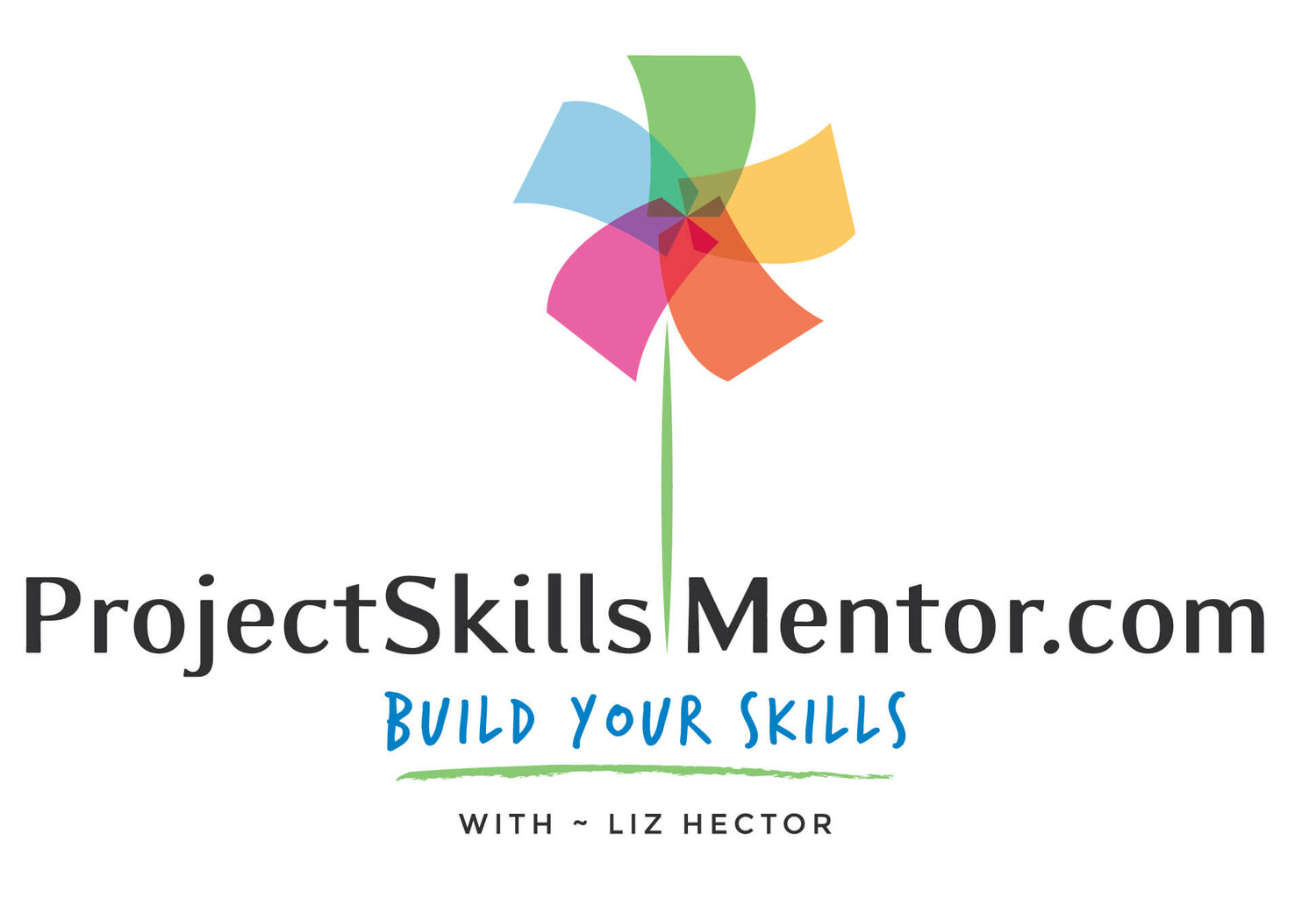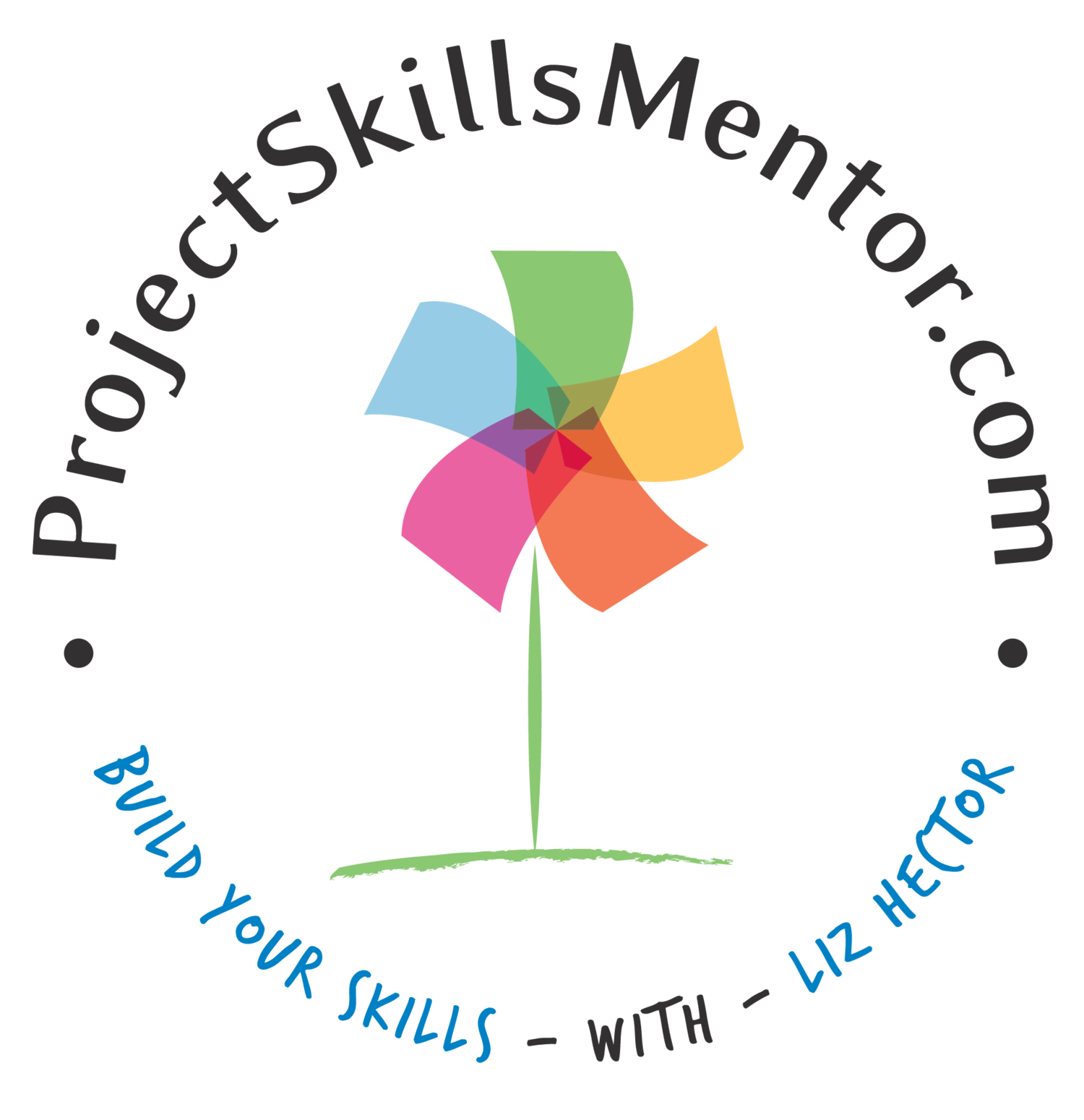7 Ways to Avoid Mentor Burnout
Mentoring is one of the most rewarding aspects of leadership. Helping younger, less experienced people build their careers and confidence is great for the Mentee and the mentor. But sometimes, Mentorship can be a burden that can, if not addressed, lead to burnout.
What are the signs of burnout, and how to address it before it's too late? Let's discuss 7 potential areas of mentorship which you can flip from stressed-to-success.
7 tips to Mentor Success
Have a clear purpose
Define the mentoring process
Work to connect with your Mentee
Look for personal growth
Give and get gratitude
Take a break
Change things up
Mentoring takes a lot of energy and time. Resources are in limited supply for everyone, especially busy leaders. Smart leaders will protect their mental space and calendar by ensuring they are mentoring the right people, with the right plan, for the right outcomes. Doing so will avoid burnout from the mentees or the mentoring process.
Have a clear purpose
Many people think of mentoring as giving random advice to a younger colleague. But Mentorship can be so much more. Sustainable Mentorship can including
reverse mentoring to someone more experienced and senior to you
mentoring to a peer in a specific area where you have experience
mentoring a junior person with less experience, knowledge or skills in an area you have mastered
In each of these cases, Mentorship needs a purpose. Each mentoring partner should have a goal and an action plan to realize their ambition. In my work in Mentorship, I discuss why mentorships work and the benefits for both parties. I summarize these points in the Power of Mentorship video.
When each mentoring meeting is a random series of questions and answers, advice becomes untethered to the larger purpose. While sometimes, these conversations can be useful. They generally do not create a mentorship relationship that leads to sustainable results for either party. Such conversations can also feel dry and forced after a time.
Giving purpose to your Mentorship will create a clear path to grow the relationship and focus your conversations. This can give you the energy and interest to continue with your Mentee.
Define the mentoring process
So many Mentors start with a blank sheet of paper at their first meeting. If the introduction meeting starts without direction, each subsequent session will similarly have no anchor and no mutual understanding. This lack of direction and expectations zap the synergy from the relationship.
How to address the process gap? When teaching mentorship partners how to get started and run an effective, efficient, and mutually beneficial mentoring relationship, I provide a Workbook that covers:
Getting to know your partner
Understanding their goals
Building a roadmap together
Documenting the journey
Assessing the Mentorship along the way
The Workbook is available with a free downloadable PDF or as a Word document. Use it in your own mentorship sessions ‘as is’, or modify it to fit your style. Multiple people have found this an effective way to start, so you I hope you check it out. Get the document and process here. Or watch me walk through the process in this video.
Work to connect with your Mentee
Generally, Mentees find their Mentors. They do this by reaching out to colleagues, bosses, or leaders. However, sometimes the Mentee chooses incorrectly or, given a limited pool of potential Mentors, asks someone who is available, but not the best fit. This does not always create the best connection. The wrong partnership creates a design failure for the Mentee and Mentor from the outset. If you are a Mentee looking for a Mentor go to this link for insights that can help you prepare to find a good fit for your Mentor.
If you are a Mentor, consider what your goals are for Mentoring, who do you think you can best support? What do you want from the partnership? Make a clear list on your ideal situation so you know when to say ‘yes’ to requests to Mentor.
Mentees and Mentors should be wary of relationships that don’t have a ‘click’ - no connection - as this likely will lead to mentoring failures and burnout.
How do we create ‘click’ and ensure the Mentee and Mentor are right for each other? This may take some time, but the above process of finding a Mentor has three key points to help:
Mentees need to start with a self-reflection on their wants and needs
Mentors need to understand the goals of the Mentee
The Mentorship needs to start with a clear agreement on ambition and expectation
Through the Mentorship Workbook I have shared above, there are milestones to test the Mentorship's success and address any issues. This requires insight and honesty from both parties. Still, when done well, it can help the Mentorship know when they need to adjust, when the Mentorship is coming to an end, or when there is no ‘click’ or connection. This allows the partners to assess and address, or make the decision to not get started (or end the partnership), all of these options are better than letting the Mentorship fizzle out with dissatisfaction on both sides. Don't let this happen to you.
Ownership of the success of the relationship is with both parties. If you struggle to connect, try the following:
Go back to your why - why do you want to help this person?
Find the 'good' in your mentorship partner - you don't have to be like your Mentee, but you should like them. Find something they do well (taking your advice or giving you helpful feedback), and remember that when frustrated during the conversation.
Give honest feedback and commendation. Respect goes both ways, so show respect for the other person and their journey. Positive change starts with you.
Look for personal growth
If the Mentoring process does not seem to go anywhere, it will be hard to find the time and interest to spend meeting with your Mentee. When this happens, a red flag should go off. While having a sense of duty is good, going through the motions will disappoint both you and your Mentee. Don't waste time attending meetings you are not getting something out of.
How can you tell if you and your Mentee are not growing through the process?
If the meetings never show progress toward planned goals.
If the discussions return to the same topics again and again, with no change in expectations, behavior, or outcomes.
If you are not taking notes during the session, you cannot reflect and consider direct and indirect learning points.
Direct learning points relate to your part of the mentorship roadmap. A personal goal you set out in the mentorship plan mentioned above.
Indirect learning can be even more powerful. These are often comments or questions related to the mentees' journey, which provide insights into:
your teams point of view, even if the mentee is not from your team
you ability to understand another person's perspective
your EQ and empathy, your ability to connect with someone else’s point of view and decisions
your curiosity, build your mentally flexible to understand diverse situations
your ability to hold diverse ideas simulateously, even those you don’t agree with
How to address a lack of personal growth with your Mentee? The Mentorship Workbook suggests a Roadmap where both partners have goals and action plans. If you created this roadmap together at the start of the Mentorship, go back and review it. Has the Mentorship moved on or deviated from these goals? If so:
Review the value of the goals or set a new one.
Reconfirm the plan.
Set out new actions.
Use the Workbook’s agenda to keep the conversation moving forward with this goal in mind.
Work to accomplish the goals and set new ones.
Work together on a common goal which can be in support of your Mentee or a goal where you have alignment (see the Mentorship Process to see how this works)
Give and get gratitude
One thing that can drain your mojo for Mentorship fast is a lack of gratitude for the effort and time you put into helping someone else. We all know gratitude is more than saying "thanks," though that is nice to hear from time to time. But if I am working with a mentee who:
Is late to meetings
Does not do the agreed actions or pre-work
Does not take notes and make an effort to learn during the process (either directly or indirectly)
Is not working to reach the goals they set out during the roadmap
Is not engaged with the sessions
Is asking for something outside the scope of Mentorship (such as a job)
Then it is time to reset expectations and accountability. It may be that this will renew the Mentee's focus and commitment to the process. Or allow you both to agree that the Mentorship has run its course and plan to close the partnership. Either way, you want to solve the issue before burnout hits you both.
Take a break
Mentoring can be a long-term endeavor, but you don't have to make it one that burns you out. Take a break, and change things up. Take time to do other kinds of outreach and support. Or give yourself time to recharge your batteries. Since Mentoring takes a lot of time and energy from an already busy schedule, it can be nice to give yourself that time back to ponder other ways to support your own team or other initiatives.
Change things up
There are other ways to mentor. Try :
'Speed' style mentoring (limit meetings to 1-3 sessions)
Mentee group meetings (facilitated discussion with 3-5 mentees)
Be the mentee (take advantage of learning from someone senior to you)
Peer mentoring (support someone working in the same field or at the same stage in their career)
Defining your own process (try it out and adjust as needed)
I hope you found these 7 ways to recognize and resolve potential mentorship burnout helpful. Do you have experience with being a Mentor or Mentee? What lessons learned would you share? Please leave a comment and let me know - I'd really like to learn from you, my readers.






